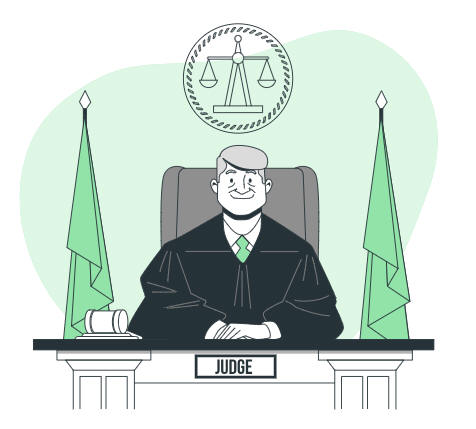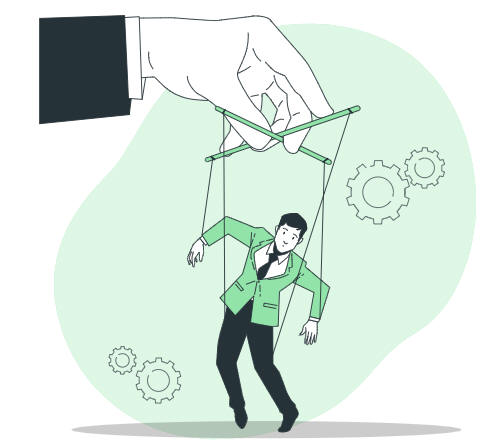|
PARENTING (The Four-Minute Version) Full "Book" Version Here (82 minute read)
|
||
|
NEEDS: Children have needs, most of which only their parents and other caregivers can meet. Neglecting children by not spending time with them as well as overtly mistreating them physically or emotionally are forms of abuse. They need to be loved, to be given time, and to be given firm boundaries applied with gentleness.
TRAINING: The best way to train anyone, particularly children is to give positive affirmation when they are doing the right thing. It could be said that the most important job of parents is to do their best to prepare their children for the outside world. The outside world is full of relationships and rules. Children learn about relationships by observing both how their parents interact with each other and how their parents interact with them.
RESPECT RULES: They learn to respect rules if their parents train them to respect them. Children will encounter rules when they stay with other caregivers, attend school, and later in life when they enter the workforce. When people do not follow commands given by an employer, police, or others in authority, there can be serious consequences. It is uncommon for a child who is brought up to follow their parents' commands all of the time, to not continue that habit into adulthood.
RESULTS OF INCONSISTENCY: However, children who are brought up with inconsistent consequences when they disobey have learned that it is unnecessary to respect rules or authority. An example of inconsistent parenting is when the parent gives a command, the child does not obey, and there is no painful consequence for the child. Painful means that the child loses out on something they would like, or experiences something they do not like.
|
||
|
HEALTHY TRAINING
Consistency and Consequences
Exceptions to Consequences
When a child's name is called, teach them to stand still and look at their parents. (This may be the most important rule for a toddler. If they are headed for danger, they will stop. It also makes sure that any subsequent command given is heard by the toddler.) Summed up
DIGGING DEEPER: In-depth look at parenting BIBLE STUDY: What the Bible says about parents and children.
Focus on the Family This may be the source of the largest support system for parents. Mother's of Pre-schoolers (MOPS)
|
||


 WHO
IS IN CONTROL?: When children can defy their parent's commands and
get their way every once in a while,
WHO
IS IN CONTROL?: When children can defy their parent's commands and
get their way every once in a while,
